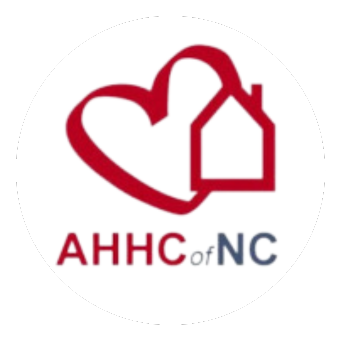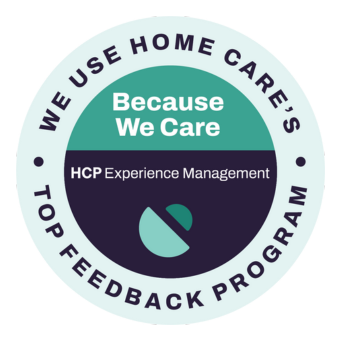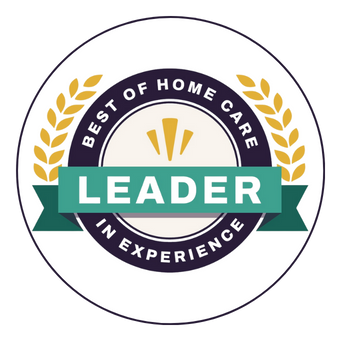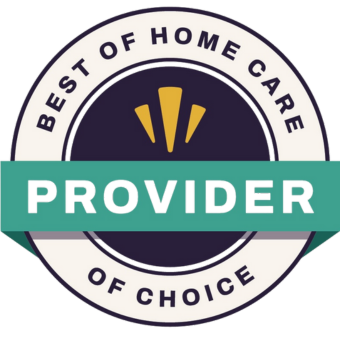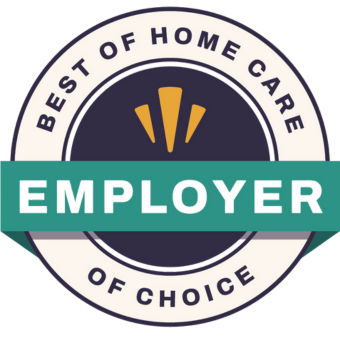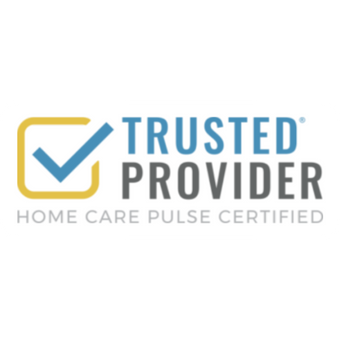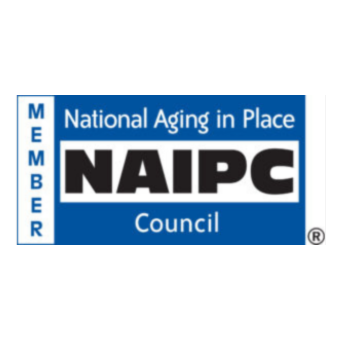There are over 50 million family caregivers in the U.S., including those living in Raleigh. While providing care to aging, ill, or disabled loved ones, a vast majority of family caregivers are not paid for their services. For those who have experienced the challenges and rewards of family caregiving, transitioning into the professional caregiving field can provide a fulfilling and purpose-driven path. Whether you are new to the family caregiving game or a seasoned pro, read on to explore why professional caregiving may be an excellent career choice for you.
What Does Professional Caregiving Entail?
Professional caregivers, or direct-care workers, provide specialized care and support to individuals who require assistance due to age, illness, or disability. Those responsibilities can vary depending on the needs of the clients they serve. While oftentimes partnering with family caregivers, professional caregivers play a crucial role in maintaining their clients’ dignity, well-being, and quality of life.
What Are the Different Types of Professional Caregivers?
Common job titles for those employed in the professional caregiving field include:
- Home Health Aide (HHA): HHAs provide basic medical care, assistance with daily tasks, and companionship to individuals in their homes. An HHA can assist with bathing, dressing, meal preparation, medication reminders, and light housekeeping.
- Certified Nursing Assistant (CNA): CNAs work under the supervision of registered nurses (RNs) and provide hands-on care to patients in hospitals, nursing homes, and other healthcare facilities. A CNA can assist with activities of daily living (ADLs), monitor vital signs, and help with medical procedures.
- Personal Care Assistant (PCA): PCAs offer non-medical assistance to individuals with disabilities or chronic illnesses. A PCA can provide companionship, help with mobility and transfers, assist with personal hygiene, and support other daily activities.
Where Do Professional Caregivers in Raleigh Work?
Those who get paid to provide professional caregiving services work in various healthcare settings, including:
- Hospitals
- Nursing Homes
- Outpatient Surgery Centers
- Clinics
- Assisted Living Facilities
- Home Care
- Hospice
- Home Health Care
Why Transition from Family Caregiving to Professional Caregiving?
Whether getting paid or not, it takes a special type of person to be a caregiver, someone who is passionate about putting the needs of others before their own. While assisting loved ones with limited mobility, dementia, and other lifestyle-restricting conditions, the role of a family caregiver is much like that of a professional caregiver.
The average family caregiver spends 20+ hours per week caring for others while juggling a household and job with their caregiving duties. Family caregivers also possess many of the same qualities as their paid counterparts. For individuals accustomed to family caregiving, transitioning to professional caregiving makes perfect sense.
What follows are reasons why it may be an excellent career choice for you:
Experience and Expertise
Family caregivers often develop invaluable skills and knowledge while caring for loved ones. Transitioning into professional caregiving allows them to utilize their experience and expertise to support others in need.
Flexibility
Professional caregiving offers various work schedules, including part-time, full-time, and flex hours. This scheduling flexibility allows family caregivers to balance their work and personal lives while positively impacting the lives of others.
Instant Gratification
Serving as a professional caregiver provides a sense of fulfillment and purpose, knowing you are making a positive difference in someone’s life. Family caregivers, with their firsthand understanding of the challenges and rewards of caregiving, can bring a unique perspective, as well as qualities like empathy and compassion, to their professional role.
Benefits of Working in Home Care as a Professional Caregiver
Once you’ve decided to transition from family caregiving to professional caregiving, working in home care offers several benefits above and beyond those found in other healthcare settings.
Here’s what professional in-home caregivers love most about their jobs:
Personalized Care
Home care allows professional caregivers to develop a deep connection with their clients and provide personalized care tailored to their specific needs and preferences. This individualized attention facilitates a strong bond and enhances the overall well-being of their clients.
Independence and Autonomy
Unlike other healthcare environments, home care allows professional caregivers to work independently, managing their schedules and providing care in a one-on-one setting. This enhanced autonomy can lead to greater job satisfaction and a heightened sense of control over their work environment. Most home care providers offer their caregivers flexible scheduling options and client workloads, including part-time and full-time hours.
Continuity of Care
Unlike those in acute care settings, in-home caregivers have the unique opportunity to establish long-term relationships with clients and their clients’ families. This continuity of care ensures that clients receive consistent and reliable support, cultivating trust and promoting overall well-being.
Compensation and Benefits
Unlike family caregiving, getting paid to provide care and support is a significant plus when considering a professional caregiving career. In addition to an hourly wage, and depending on the employer, in-home caregivers often receive additional benefits like mileage reimbursement, paid time off, and access to training and support resources.
Final Thoughts About Transitioning into Professional Home Care
Stepping into a new role as a professional caregiver can be a rewarding career choice, especially for those who’ve served or are currently serving as family caregivers. While the responsibilities of professional caregivers vary, their unwavering dedication to providing compassionate care remains constant.
While working in various healthcare settings, professional caregivers can get paid while positively impacting the lives of others. That said, there are several advantages to pursuing a professional caregiving career in the rapidly growing home care industry, making it an ideal choice for those with family caregiving experience.
Is Home Care Your Career Calling? Let’s Have a Conversation.
Are you interested in making the transition from family caregiving to professional caregiving? If so, HomeChoice Home Care Solutions in Raleigh would love to speak with you. Due to our expanding client load, we are currently seeking qualified candidates to fill several exciting caregiving positions. While proudly serving the Raleigh, Durham, Wake County, Johnston County, Wake Forest, and Chapel Hill, North Carolina communities, we support clients and families with compassionate home care services, including Companionship Care, Personal Care, and Respite Care.
As a highly valued member of the HomeChoice Home Care Solutions team, you’ll enjoy a fast-paced, positive work environment where open communication is valued and hard work is rewarded. We also offer competitive pay, flexible scheduling, ongoing caregiver skills training, and career advancement opportunities galore. No matter your experience level or education, we’d love to hear from you! To learn more about our professional caregiving jobs, please visit us today at www.homechoicehomecare.com.






